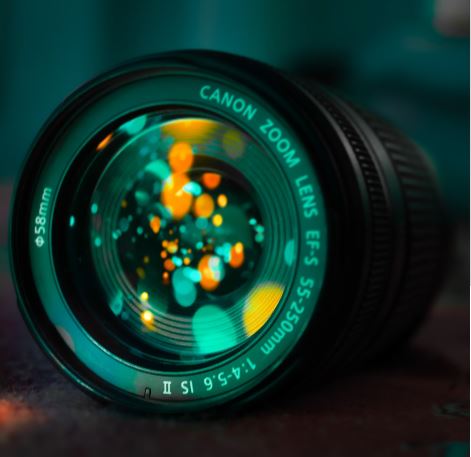Astrophotography is a fascinating hobby that allows photographers to capture stunning images of the night sky. One of the key factors that determine the success of an astrophotography shoot is the lens used. Different lenses have different focal lengths, which can affect the types of astrophotography targets that can be captured. In this blog post, we will discuss astrophotography targets by focal length.
Astrophotography targets by focal length lens
Introduction Astrophotography is a unique type of photography that requires specialized equipment and techniques to capture stunning images of the night sky. The focal length of the lens used is an important factor that can greatly affect the types of astrophotography targets that can be captured. In this blog post, we will discuss astrophotography targets by focal length, so you can choose the right lens to capture the images you want.

1. Wide-angle lenses (less than 35mm)
Wide-angle lenses are perfect for capturing expansive views of the night sky. They are ideal for capturing the Milky Way, star trails, and landscapes with a starry sky as a backdrop. With a wide-angle lens, you can capture a large portion of the sky, making it perfect for capturing the beauty of the night sky. Wide-angle lenses are also great for capturing auroras and other atmospheric phenomena.
2. Standard lenses (35-85mm)
Standard lenses are ideal for capturing closer views of the night sky. They are perfect for capturing images of the Moon, planets, and constellations. With a standard lens, you can capture detailed images of these celestial objects, showcasing their beauty and intricacies. Standard lenses are also great for capturing deep-sky objects such as star clusters and nebulas.
3. Telephoto lenses (over 85mm)
Telephoto lenses are ideal for capturing detailed images of the Moon and planets. They are also great for capturing deep-sky objects such as galaxies and nebulas. With a telephoto lens, you can capture the intricate details of these celestial objects, showcasing their beauty and complexity. Telephoto lenses are also great for capturing star clusters and other deep-sky objects that require higher magnification.

Conclusion
In conclusion, choosing the right lens for astrophotography is crucial for capturing stunning images of the night sky. Different lenses have different focal lengths, which can greatly affect the types of astrophotography targets that can be captured. Wide-angle lenses are perfect for capturing expansive views of the night sky, standard lenses are ideal for capturing closer views of the night sky, and telephoto lenses are great for capturing detailed images of the Moon, planets, and deep-sky objects. Whether you are a beginner or an experienced astrophotographer, selecting the right lens is essential for taking your astrophotography to the next level. By considering astrophotography targets by focal length, you can choose the right lens to capture the images you want.
More Astrophotography Topics:
- How to find the North Star?
- Astrophotography Equipment for Beginners
- Astrophotography for Beginners
- Best Camera for Astrophotography
- Best Telescope for Astrophotography
- Best Telescope for Deep Space Astrophotography
- What Equipment Do I Need for Astrophotography
- Astrophotography Camera Settings
- Astrophotography Image Processing
- Night Sky Astrophotography Tips
- Milky Way Astrophotography Tips
- Beginner Deep Sky Astrophotography Targets
- Astrophotography Setup for Beginners
- Astrophotography Tips for Beginners
- Astrophotography for Dummies
- Astrophotography Image Editing Software
- Astrophotography Focusing Techniques
- Best Astrophotography Star Tracking Mount
- Best Beginner Astrophotography Targets
- Best Image Stacking Software for Astrophotography
- Best Narrowband Astrophotography Targets
- Astrophotography Targets by Month
- Good Widefield Astrophotography Targets
- GIMP Astrophotography Plugins
- Flat Frames Astrophotography
- Bias Frames Astrophotography
- Dark Frames Astrophotography
- Calibration Frames Astrophotography
- Dithering Astrophotography
- What is Astrophotography
- Starnet Astrophotography
- Star Tracker Astrophotography
- Best Astrophotography Books
- Astrophotography Setups Under $2000
- Best Phone Tripod for Astrophotography
- Best ISO for Long Exposure Astrophotography
- Removing Brown Tones Astrophotography Images
- Best Focal Length for Deep Space Astrophotography
- Best Guide Scope for Astrophotography
- Do I Need a Guide Scope for Astrophotography
- Astrophotography Binning
- Astrophotography Exposure Time
- Bortle Scale
- Tripod Position

